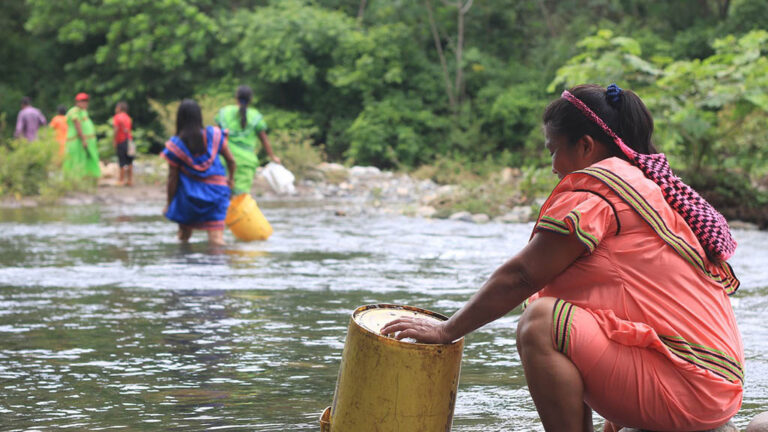
The earth's water resources must be managed both long-term sustainably and fairly, writes Viktor Sundman. Photo: Andrés Gómez / Pixabay
Of: Viktor Sundman
Water is essential for stopping hunger, maintaining good health and producing electricity and goods. But in 30 years, five billion people are expected to live in water shortages at least one month a year. How we handle water will be decisive for whether we will achieve the global goals in Agenda 2030, writes Viktor Sundman at the water institute SIWI.
April 29, 2020, Debate
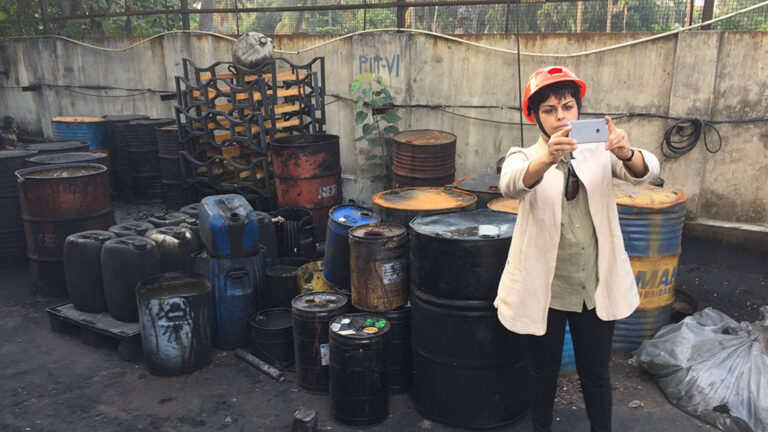
Human rights are strongly under-prioritized in Swedish companies, especially in the production chain, says lawyer Parul Sharma.
Of: Johanna Wolff
Sweden will not achieve the goals in Agenda 2030 if we do not improve our production chains in countries outside Sweden. That is the opinion of human rights lawyer Parul Sharma in an interview with Utvecklingsmagasinet.
April 27, 2020, Interview
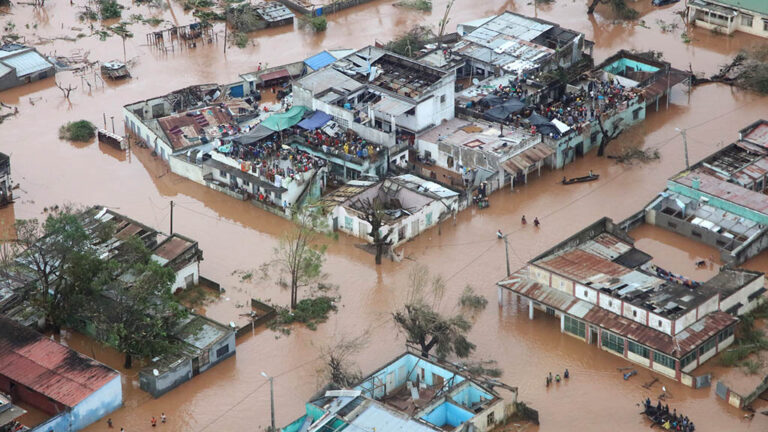
In connection with the cyclone Idai in Mozambique a year ago, people fled to the roofs of houses. Photo: DFID (CC BY 2.0)
Of: Isabella Overödder
One year ago, Mozambique, one of the poorest countries in the world, was hit by double cyclones. The cyclones have been described as the worst climate-related disasters ever to hit the southern hemisphere. They caused floods, destroyed homes and infrastructure. Floods in the north combined with droughts in the south put millions of people on the run to seek refuge […]
Read more »
April 6, 2020, Chronicle
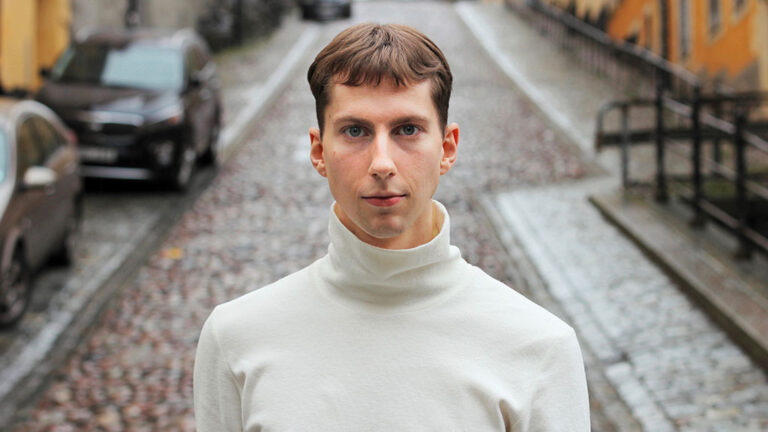
Nick Doggen is the international secretary of Green Youth.
Of: Nick Doggen
Within ten years, we will eradicate extreme poverty, reduce inequalities and injustices, promote peace and justice, and resolve the climate crisis. Achieving the global goals and Agenda 2030 is a huge challenge. We in Green Youth have always fought for a greener and fairer world. But in order to achieve the global goals, everyone must be involved - and those who have the most resources must shoulder the greatest responsibility.
March 27, 2020, Debate
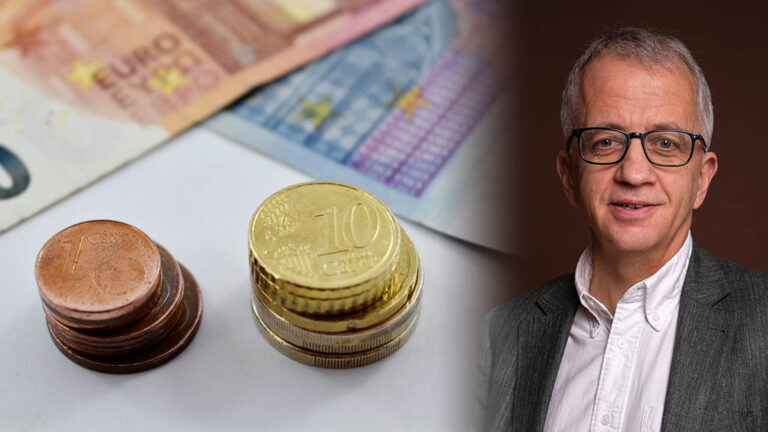
Aid used to increase private investment is usually called mixed financing. Mats Hårsmar writes about the reactions to a new report on the subject.
Of: Mats Hårsmar
How to get the most possible development effect from international aid - which, despite its size, is a limited resource? So-called mixed financing is a form of development cooperation that donor countries look at differently, writes Mats Hårsmar. He has project-led a new report on the topic from the Expert Group for Development Aid Analysis.
March 10, 2020, Guest chronicle
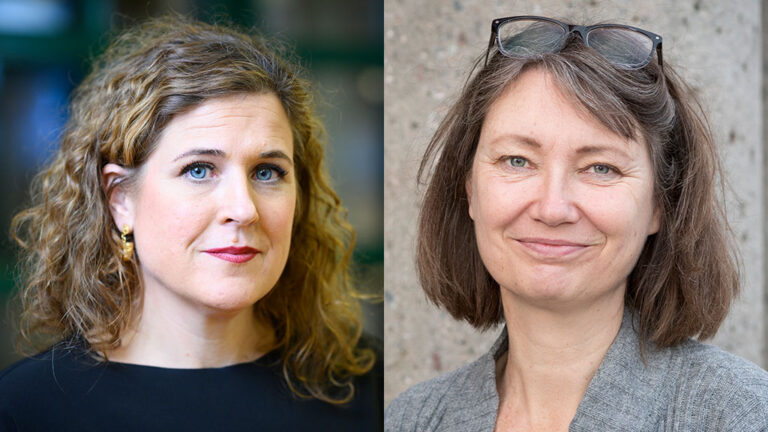
Eva Ekelund and Gunnel Axelsson Nycander work at Act Svenska Kyrkan, which has just published a report on development assistance mixed with commercial capital.
Of: Eva Ekelund and Gunnel Axelsson Nycander
Combining development assistance with commercial capital - so-called mixed financing - is an important method of increasing private investment in sustainable development. But there are times when mixed financing is inappropriate. For example, it should not be allowed to influence decisions on privatizations in healthcare and education. This is one of the conclusions in a new report by the Church of Sweden Act.
March 5, 2020, Debate
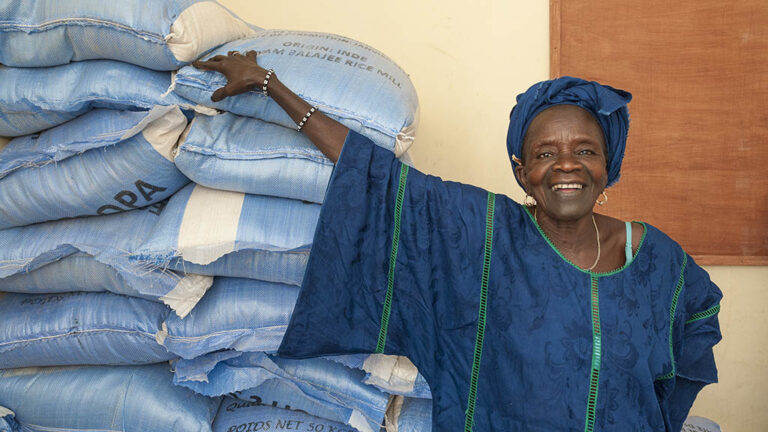
Only when we see people living in hunger as part of the solution can we eliminate hunger, writes The Hunger Project. Photo: Johannes Odé
Of: Silvia Ernhagen
World hunger has long decreased, but in the last four years world hunger has increased again. Reports from the UN show that every ninth person now goes to bed hungry. It is a frightening development and with ten years left until Agenda 2030 is reached - and hunger eradicated - we must shift the work, writes Silvia Ernhagen on The Hunger Project.
February 27, 2020, Debate
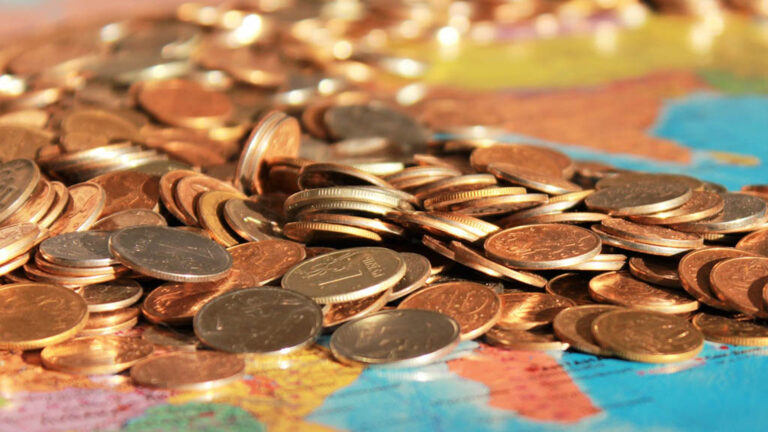
If poverty in the world is to be combated, we must deal with the thousands of billions of kronor that disappear every year in corruption, writes Natali Engstam Phalén at the Institute Against Bribery.
Of: Natali Engstam Phalén
Every year, approximately SEK 35 billion is lost in corruption around the world. That is more than the sum that is now missing to achieve all the global goals in Agenda 000. If we seriously want to eradicate poverty, corruption must be raised higher on the sustainability agenda, writes Institut Mot Mutor.
February 19, 2020, Debate
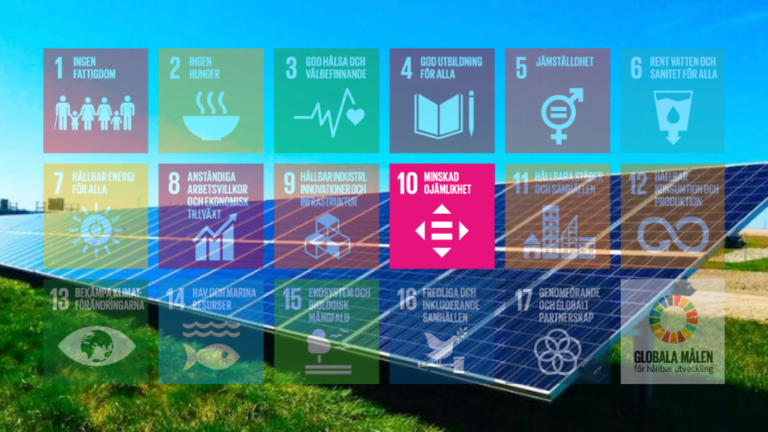
Electrification can be the key to achieving most of the goals in Agenda 2030, according to this week's debaters, when the focus is on inequality in the world.
Of: Amanda Wibne Romild
Last week, the UN Development Program (UNDP) published a report on human development, which begins with “Inequality. Evidence is everywhere ”. This has resulted in this week's debate focusing on the causes of inequalities and demands for change in Swedish development aid policy.
December 17, 2019, Current debate

Confidence in religious leaders is in many contexts significantly higher than in politicians and decision-makers, the debaters write.
Of: Amanda Björksell, Jakob Schwarz and Veronica Pålsson
Religious actors are of great importance to people around the world - and therefore also in the work with the global goals. To work for peace between people, to serve one's neighbor and to safeguard creation is a foundation in world religions. As active in the Church of Sweden's Youth and the Church of Sweden, we see no contradiction in a development cooperation that is both faith- and rights-based.
November 19, 2019, Debate










